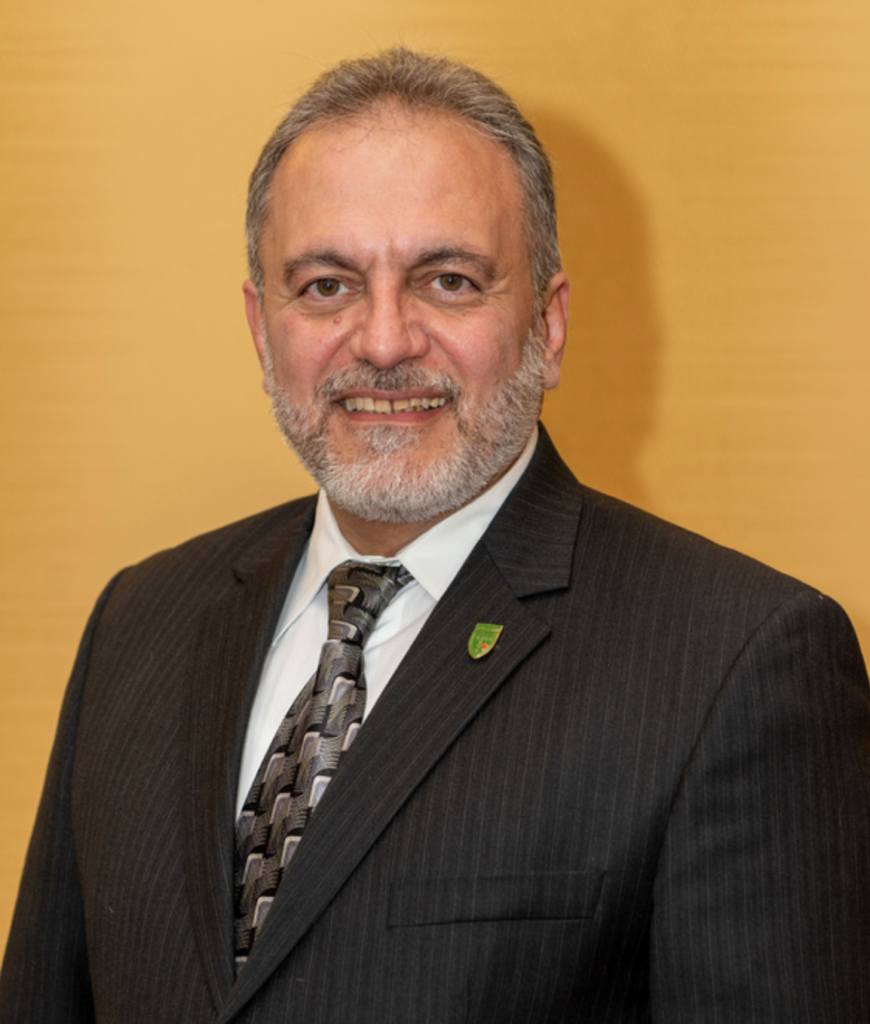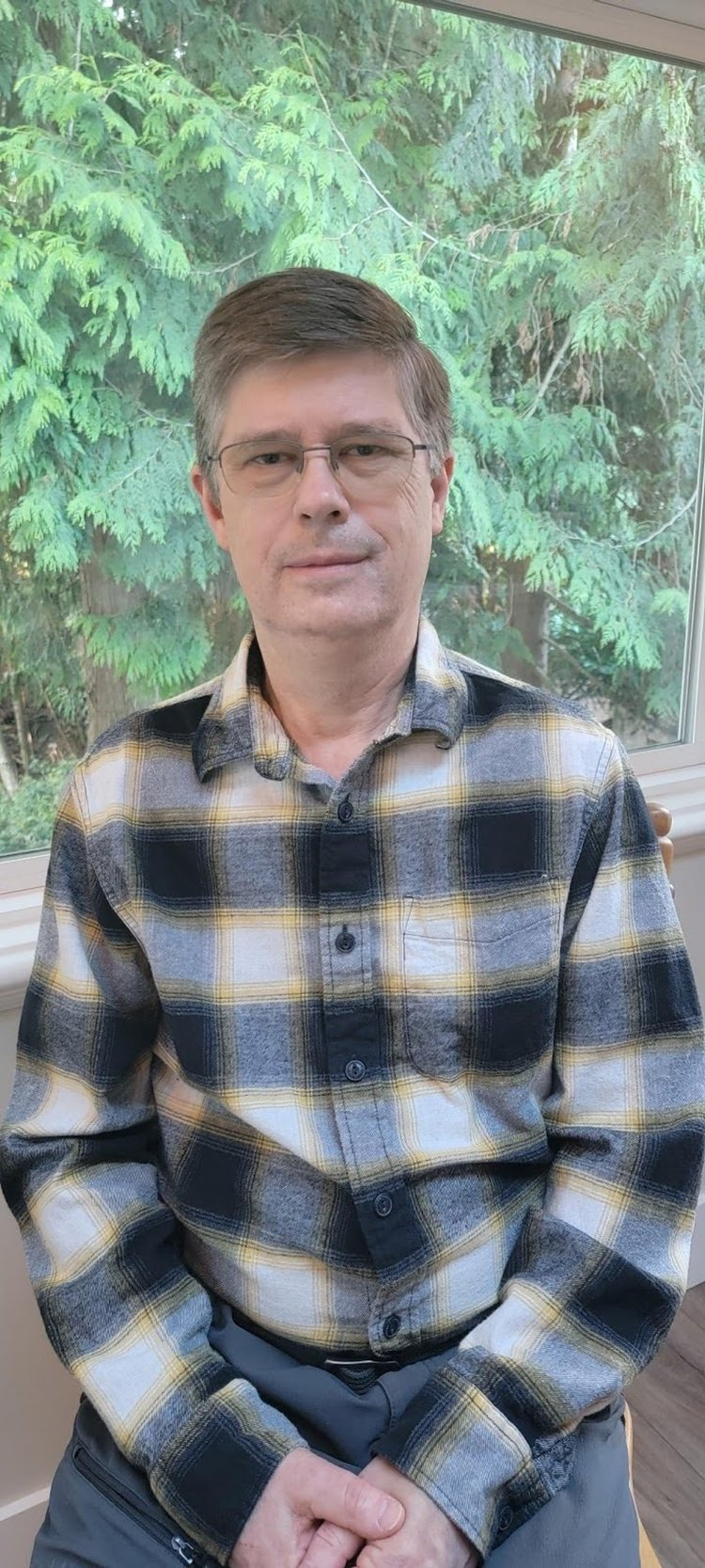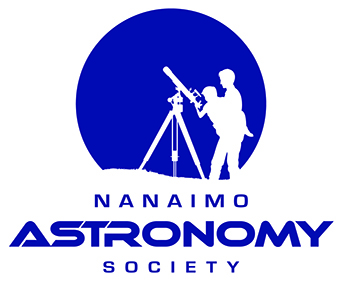
- This event has passed.
June 27th: Dr. Raafat El-Hacha ~ Islamic Astronomy
June 27, 2024 @ 7:00 pm
Our meetings are open to the public. You are free to attend once for free and are then encouraged to join.
Main Presentation: Starlit Innovations: Muslim Contributions to Astronomy in the Islamic Golden Age
We are very pleased to Dr. Raafat El-Hacha join us via Zoom
Brief:
During the Islamic Golden Age, spanning from the 7th to the 14th century, the Islamic world experienced an unprecedented flourishing of science, culture, and intellectual activity. Remarkable advancements marked this era in various fields, including astronomy, mathematics, chemistry, and medicine, where Muslim scientists and scholars made groundbreaking contributions that shaped the future of many disciplines.Muslim astronomers inherited and expanded upon the knowledge from ancient civilizations such as the Greeks, Persians, and Indians.Their meticulous observations, innovative theories, and contributions during the Islamic Golden Age not only preserved ancient knowledge but also significantly advanced the understanding of the cosmos. They constructed the world’s first observatories, corrected previous astronomical data, and developed new astronomical theories. Muslim astronomers made original contributions to astronomy and invented the astrolabe, often nicknamed “a mathematical jewel” of the time, along with many other sophisticated instruments. These advancements laid the foundation for modern astronomy, bridging the gap between ancient and Renaissance scientific traditions.
Bio: Raafat El-Hacha, PhD, PEng
Professor of Structural Engineering at the University of Calgary in the Department of Civil Engineering, Canada. Received his Ph.D. degree from Queen’s University, Canada, in 2000.Dr. El-Hacha is a Fellow of the International Institute for FRP in Construction (IIFC), the Canadian Society of Civil Engineers (CSCE), the American Concrete Institute (ACI), and the Engineering Institute of Canada (EIC). He received several awards, distinctions, and fellowships, including the CSCE Casimir Gzowski Gold Medal Award, CSCE Excellence in Innovation in Civil Engineering Award, IIFC President’s Award, Killam Professorship Award, twice the Erasmus Mundus International Fellowship and many others for his outstanding academic and professional achievements.

“What has astronomy done for me lately?”
Presentation by NAS VP: Gordon Farlie
Bio: Gordon graduated from the University of Toronto in 1986 in Electrical Engineering. He then pursued his Bachelor of Education in1987 and spent the next 30 years teaching math and science in high school. His roles have included department head, site administrator, liaison between high school, elementary, and post-secondary, and was the lead mentor for provincial Science Olympics. He worked with Peel Police to produce “Worlds Collide,” which involved 300 students investigating a simulated on-site car crash. Drama, law, physics, and media students worked together to show the multifaceted aspects that a fatality can have on a community. Gordon got his first telescope at age 10 and has been looking up from then on. He is an avid reader of all things concerning astronomy.
Gordon has always been the “go-to guy” at his school for all things concerning astronomy. He is most fascinated with gravity, dark matter, and energy. After seeing Star Wars in 1977, Gordon has been a science fiction fan and loves when movies occasionally get the physics and astronomy right. Gordon and his family moved to Nanaimo in the summer of 2022, and he continues to work with students as a private tutor.
Gordon’s wife, Maggie, is currently a supply teacher with the Cowichan Board. He has two children, Kevin (first year Masters in Nuclear Engineering in Ontario) and Anna (first year theatre at VIU), and has a golden doodle named Leo and a King Charles Spaniel named Molly

